Garlic, Onions, and Tomatoes as Companion Plants for Old Roses
tonytony2
10 years ago
Related Stories

EDIBLE GARDENSGarden BFFs? Why Your Vegetables Are Begging for Companion Plants
Foster friendships among plants for protection from pests, pollination support and color camaraderie
Full Story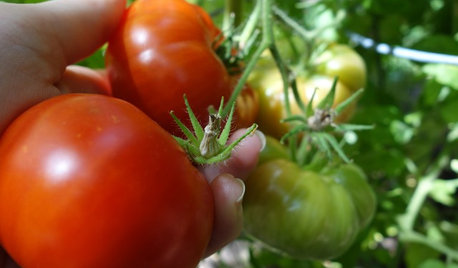
LIFEKitchen Traditions: Tomato Season Meets a Family Legacy
Somewhere a Sicilian great-great-grandmother is smiling at a bowl of American-made sauce
Full Story
EDIBLE GARDENSSummer Crops: How to Grow Tomatoes
Plant tomato seedlings in spring for one of the best tastes of summer, fresh from your backyard
Full Story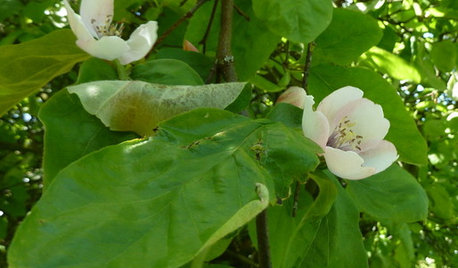
EDIBLE GARDENSWhy Grow Quince? For Beauty, Fragrance and Old-Time Flavor
Delightfully perfumed fruit and lovely spring blossoms make this apple and pear cousin worth a spot in the garden
Full Story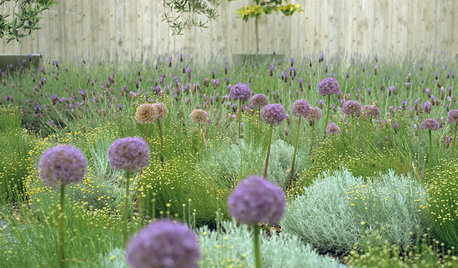
GARDENING GUIDESGreat Design Plant: Ornamental Allium
Lollipop blooms on tall, leafless stems add an architectural element to gardens of all styles
Full Story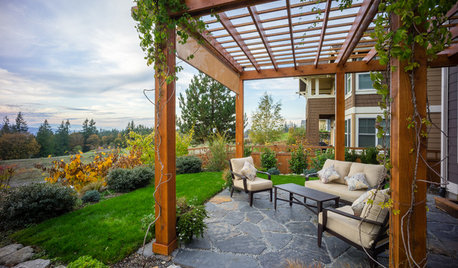
FALL GARDENINGWhy Fall Is the Best Time for Planting
Spring is overrated for planting. Starting plants in autumn has advantages for both garden and gardener
Full Story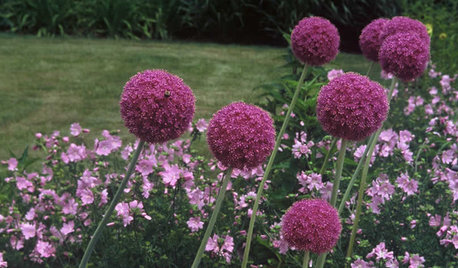
GARDENING GUIDES6 Unsung Bulbs for Fall Planting
Don't hang up your spade after summer — plant these unusual bulbs in fall for a spectacular spring show
Full Story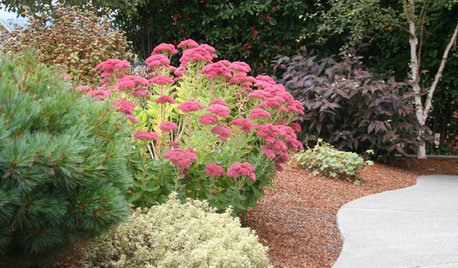
GARDENING GUIDESPacific Northwest Gardener's August Checklist
Deadheading perennials, cutting raspberry canes and preparing for the onion harvest keeps Northwest gardeners busy in August
Full Story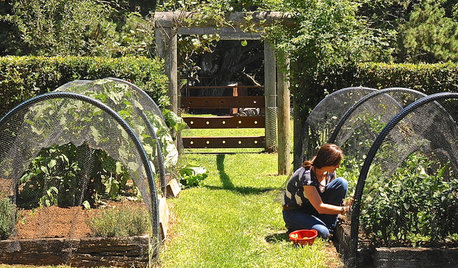
FARM YOUR YARDHouzz Call: Home Farmers, Show Us Your Edible Gardens
We want to see where your tomatoes, summer squashes and beautiful berries are growing this summer
Full Story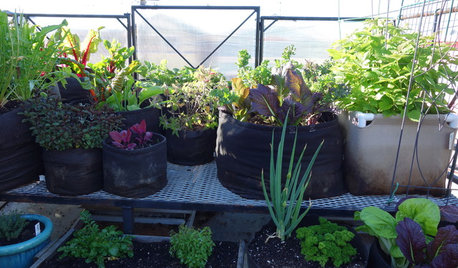
FARM YOUR YARDAn Urban Greenhouse Overflows With Edibles
Making meals just means stepping into the yard for a San Francisco couple who revamped an old orchid house
Full Story









sunnync
Kippy
Related Professionals
Middle Island Landscape Architects & Landscape Designers · South Elgin Landscape Architects & Landscape Designers · Bergenfield Landscape Contractors · Crystal Landscape Contractors · El Mirage Landscape Contractors · Leicester Landscape Contractors · Ocoee Landscape Contractors · Pine Hills Landscape Contractors · River Ridge Landscape Contractors · Grand Rapids Swimming Pool Builders · Lake Forest Swimming Pool Builders · Los Alamitos Swimming Pool Builders · Rockville Siding & Exteriors · South Windsor Siding & Exteriors · Thornton Siding & Exteriorsjacqueline9CA
rosefolly
rosefolly
hoovb zone 9 sunset 23
tonytony2Original Author
User
jerijen
lori_elf z6b MD
peachymomo